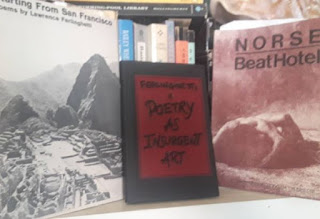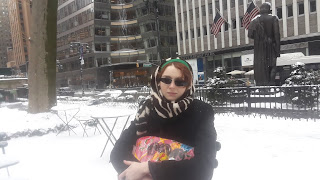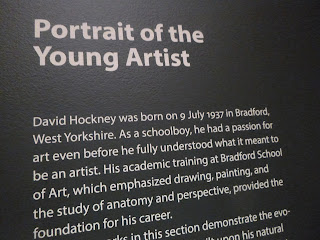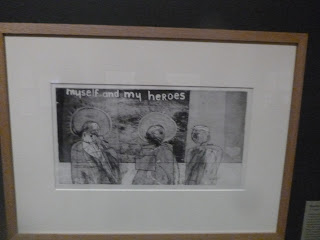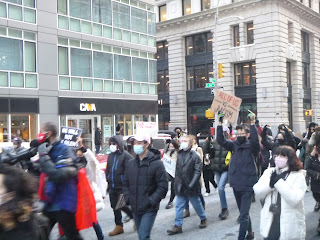Word
went flying:
NYTimes: Lawrence Ferlinghetti, Poet Who Nurtured the
Beats, Dies at 101.
RIP
.... that coney island of the mind...thanks for the bookstore and world-changing
poems Lawrence.
What
a run.
It
was always the first place I found myself navigating toward from the SFAirport,
through the Bart, up to Market Street and toward the water.
Past
Post Street and then Chinatown, I’d walk past Brandy Hos on Columbus Ave to that
magic place, to peruse the stacks at the bookstore.
Dad
told me about the place years ago.
He’d go there on trips out West.
We’d
meet there in the early 1990’s.
I
drafted notes for books, White Nights and Illuminations on Market,
sitting on the second-floor next door at Vesuvio, looking at the poets moving
to and from, ideas bubbling between here and there, with the cigarette smoke.,
dancing in the air.
Looking
at snapshots of interviewees, talking about Miguel Unamuno with Dad, magical
conversations with Bobby, menacing moments with Kelly, disappointments, hopes,
love affairs crumbling.
Out
to the Lusty Lady up the street, back to the bookstore, up to the poetry room
to sit and dream, or pick-up copies of the owner’s newest novel or poetry
collection, each year they got better.
I’d
read them with Rev Jim on World AIDS day, two decades later.
Or
with Ron, meeting me there.
Walking
on the beach, with one of the books we picked up, or down the street in the
park.
Sitting
in the trees, at El Jardin Paraiso, Sarah read “I am waiting” after Dad died.
We’re
all waiting for “that rebirth of wonder…”
It’s
a circle of stories.
Dad
going to the store after it opened.
Picking
up Howl.
Reading
it over and over.
To
himself.
To
us in Dallas,
Me
reading it in Brooklyn.
Dodi reading recalling Sunflower Sutra, recalling Blake, tracing more adventures with Jack and company.
Lawrence
published them all.
Harold
Norse, another Brooklyn beat, who resided at the Beat Hotel with Allen and
William, before he settled near the magic bookstore.
The
collective mythology brought us all into a space in the poetry room upstairs,
where I spent all day.
Dad
arrived five years after Lawrence got there, 36 before I showed up.
We
were all invited into that abundant story he traced:
“When I arrived in San Francisco in 1951
I was wearing a beret,” said Lawrence. “If anything I was the last of the
bohemians rather than the first of the Beats.”
Kenneth Rexroth and Harold and the rest traced
those old stories, that we cherished.
And
then we wrote about them, narrating our own tales of the city, reading about
the Coney Island of the Mind, sitting looking at the Hudson, not far from your Yonkers,
looking at paintings of your dreamboat in Chinatown with Keegan,
Learn
to be a journalist from outer space looking at the world.
See
poetry as insurgent art… you implored.
I
tried to, walking from San Francisco, through your home in the streets of Brooklyn,
picking up a used copy of Starting from San Francisco in Red Hook.
And
thinking about what poetry could be,
Searching
for that space Dad longed to understand between poetry and the subline,
God
and the unknown, inside us all,
“I
am signaling you through the flames…” wrote Lawrence.
Your
words screamed from the page, reminding us, pointing us toward a story we could
all be part of.
Thanks
for supplying us with the zine rack and the poetry room and the pocket poet
series and the collected works and Little Boy.
We
toasted to you on your birthday at Judson memorial during the book launch
for my San Francisco novel.
Your
stories pointed us toward an ever-expanding vortex, waves making their way,
taking us, surfers coasting, riding out, that dreamboat taking you there,
taking us there, beyond North Beach into the forever.







